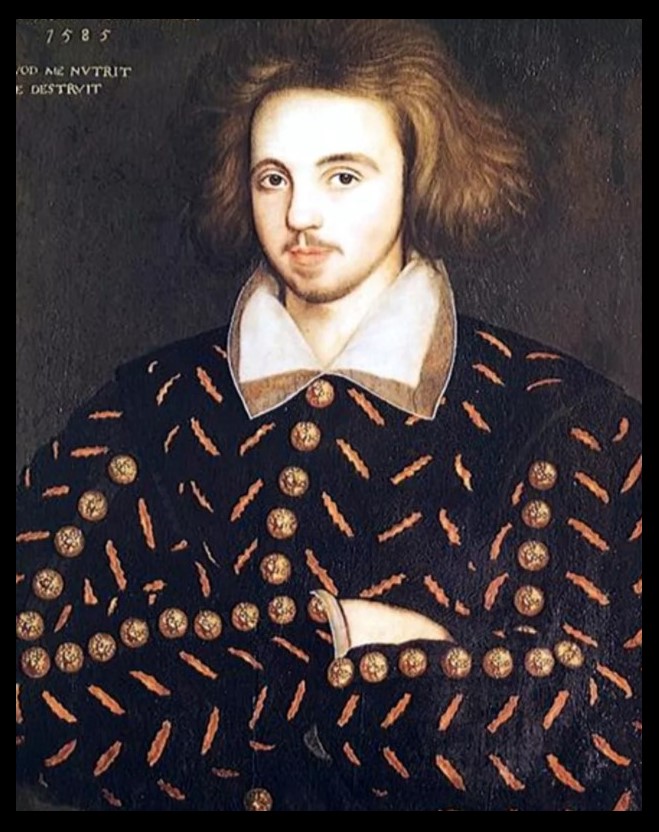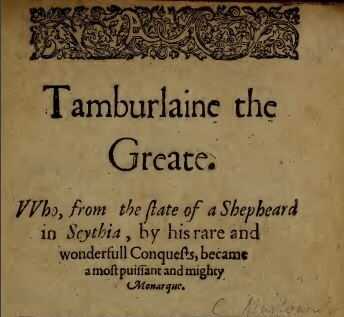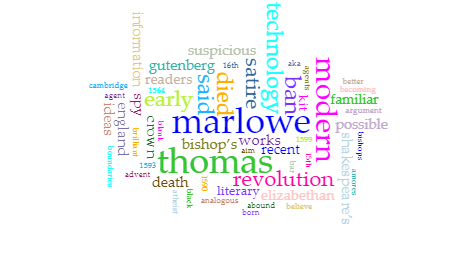Following are digital resources dedicated to the exploration of early modern literary studies, as well as tools one may use for digital text analysis, mapping, and more. This list is by no means complete. If you have a favorite online resource that you do not see here, please contact us.
Also check out our Podcasts!
Stephen Reimer’s (University of Alberta) course page for “Manuscript Studies: Medieval and Early Modern” includes a concise overview of different kinds of editions one might produce from early texts.
Click this image, taken from the Petowe continuation of Marlowe’s Hero and Leander, to visit About Editions.
The Kit Marlowe Project is licensed under a Creative Commons Attribution-NonCommercial-ShareAlike 4.0 International License.
This downloadable app facilitates corpus and concordance analyses.
Click the adorable logo here to go download AntConc!
The Kit Marlowe Project is licensed under a Creative Commons Attribution-NonCommercial-ShareAlike 4.0 International License.
The Digital Commonwealth hosts the The Boston Public Library’s Shakespeare Collection. There you’ll find digitized images from works in the Thomas Pennant Barton collection of works by and about William Shakespeare.
The Kit Marlowe Project is licensed under a Creative Commons Attribution-NonCommercial-ShareAlike 4.0 International License.
The British Book Trade Index (BBTI),hosted by Oxford University provides information about early modern English stationers.
Placeholder
Click the image here to visit the British Book Trade Index homepage and start searching!
The Kit Marlowe Project is licensed under a Creative Commons Attribution-NonCommercial-ShareAlike 4.0 International License.
The British Library offers accessible blogs about early modern authors in historical, literary, and critical contexts in the subsection entitled “Explore Shakespeare and Renaissance Writers in Context.”
Placeholder
Click the image here to visit the British Library’s page on Discovering Literature: Shakespeare & Renaissance to explore!
The Kit Marlowe Project is licensed under a Creative Commons Attribution-NonCommercial-ShareAlike 4.0 International License.
The Kit Marlowe Project is licensed under a Creative Commons Attribution-NonCommercial-ShareAlike 4.0 International License.
“Digital Renaissance Editions publishes electronic scholarly editions of early English drama and texts of related interest, from late medieval moralities and Tudor interludes, occasional entertainments and civic pageants, academic and closet drama, and the plays of the commercial London theaters, through to the drama of the Civil War and Interregnum.”
Click the logo to visit Digital Renaissance Editions!
The Kit Marlowe Project is licensed under a Creative Commons Attribution-NonCommercial-ShareAlike 4.0 International License.
Wynken de Worde, aka Sarah Werner, has collated an exceptional list of open-access Early Modern Digital Collections. All of these resources feature access to early modern primary texts.
Placeholder
Click the image here to visit Wynken de Word!
The Kit Marlowe Project is licensed under a Creative Commons Attribution-NonCommercial-ShareAlike 4.0 International License.
Early Modern Print offers text analysis tools and computational approaches to exploring works printed before 1700 in the Early English Books Online database.
Placeholder
Click the image here to go to the Early Modern Print!
The Kit Marlowe Project is licensed under a Creative Commons Attribution-NonCommercial-ShareAlike 4.0 International License.
Text Creation Partnership
Keywords in Context
The EEBO-TCP: Text Creation Partnership database offers rough transcriptions of selected texts from the EEBO database.
This tool allows one to search the Early English Books Online (EEBO) database for key words using both fuzzy searches and regular expressions.
Tutorial Videos
The Kit Marlowe Project has created tutorial videos for navigating the EEBO-TCP database. Click the image here to watch the EEBO-TCP Tutorial Videos
The Kit Marlowe Project is licensed under a Creative Commons Attribution-NonCommercial-ShareAlike 4.0 International License.
Published by the British Library, the ESTC is a valuable resource for discovering reliable bibliographic information for works printed before 1801.
Placeholder
Click the image to visit the English Short Title Catalogue!
The Kit Marlowe Project is licensed under a Creative Commons Attribution-NonCommercial-ShareAlike 4.0 International License.
The Folger Shakespeare Library hosts a number of digital resources. In this post you’ll find links and descriptions to all of Folger Library’s digital resources as well as links to the Kit Marlowe Project’s tutorial videos for navigating these websites.
Placeholder
The Digital Anthology of Early Modern Drama
EMED: The Digital Anthology of Early Modern Drama, published by the Folger Shakespeare Library is presently the sole resource for reliably edited, encoded editions of Christopher Marlowe’s dramatic corpus, as well as works by his contemporaries (excluding Shakespeare). The EMED collection also offers several options for downloading the texts, facilitating computational and visual approaches to text and corpus analysis. Click the image to the right to see the Kit Marlowe Project’s tutorial videos on EMED.
Folger Digital Texts API
Folger Shakespeare
The Folger Digital Texts API (application program interface) works with Folger Digital Texts, a complete collection of modernized editions of Shakespeare’s plays. The API offers several features for analyzing the plays using pre-programmed scripts that permit one to pull one character’s lines from a play, or to see the play from their perspective. Here you’ll also find a character chart where you can see who’s on stage at any given point in the play (great for casting activities), as well as “The Four Points of Character Analysis” activity. You may also find printed companions to these texts under the Folger Shakespeare Library imprint, as well as the plays and contexts at Folger Shakespeare).
The Folger Shakespeare offers digital editions of William Shakespeare’s drama and poetry, as well as resources about Shakespeare’s language and world.
The editions have been digitized by Michael Poston, Rebecca Niles, and Eric Johnson from the Folger’s printed series of Shakespeare’s works edited by Barbara A. Mowat and Paul Werstine. One may also download all of these editions in multiple formats, facilitating computational and visual approaches to text and corpus analysis.
Placeholder
LUNA: Folger Digital Image Library
LUNA, or Folger Digital Image Library offers a wondrous resource for images that may be reproduced under a Creative Commons license as long as they are cited accordingly.
The image here, which graced the LUNA homepage at the time of the creation of the Kit Marlowe Project’s tutorial videos, is that of Konrad Lykosthenes’ Prodigiorum. Click on the image to see the Kit Marlowe Projects’ tutorial videos on LUNA, or click here to see more of Prodigiorum!
Folgerpedia
Miranda Digital Asset Platform
Folgerpedia is the Folger Shakespeare Library’s encyclopedia for all things related to the Folger Library, and contains lots of useful information about the library and its various collections.
Miranda Digital Asset Platform (Folger): The Folger Shakespeare Library has recently created a digital asset platform that catalogs, and sometimes gives one digital access to texts, recordings, 3D objects, and more.
Shakespeare Documented
The Folger Shakespeare Library’s Shakespeare Documented is an exhibit featuring primary source documents and brilliant commentaries about Shakespeare’s career as a playwright, poet, and actor, his family documents, and 17th Century legacy.
Placeholder
The image here is the first from the entry: “The answeres of Garter and Clarencieux Kings of arms, to the scrowle of arms exhibited by Raffe Brookesmouth caled York Herauld.” as posted on Shakespeare Documented. The images from this post are provided Bodleian Library, Oxford University, Oxford, UK. Click the image to read more or click here to explore Shakespeare Documented.
The Kit Marlowe Project is licensed under a Creative Commons Attribution-NonCommercial-ShareAlike 4.0 International License.
Graphemica is a great resource for finding Unicode for especially tricky special characters and printer’s ornaments.
Placeholder
Click the image to visit Graphemica, and be sure to click the letters of its logo while you’re there!
The Kit Marlowe Project is licensed under a Creative Commons Attribution-NonCommercial-ShareAlike 4.0 International License.
The Harry Ransom Center at the University of Texas, Austin, offers digital versions of early rare books under a Creative Commons license.
Placeholder
Click the image to visit the Harry Ransom Center and browse their collection!
The Kit Marlowe Project is licensed under a Creative Commons Attribution-NonCommercial-ShareAlike 4.0 International License.
Journal of Marlowe Studies publishes peer-reviewed essays on the poems and plays of Christopher Marlowe with the support of both the Marlowe Society (which is based in the UK) and the Marlowe Society of America. We do not accept essays on the so-called authorship question but we welcome scholarly exploration of Marlowe’s works, reviews of relevant books, and reviews of productions of Marlowe’s plays from anywhere in the world. We are also happy to entertain suggestions for guest-edited issues, and will consider film reviews if the question arises.
The Kit Marlowe Project is licensed under a Creative Commons Attribution-NonCommercial-ShareAlike 4.0 International License.
Latinx Shakespeares are productions and adaptations of Shakespeare’s works that are made Latinx through settings, themes, and dramaturgy.
This archive includes Latinx Shakespeares plus Latinx-authored and/or Latinx themed productions and adaptations of Shakespeare, as well as of other writers.

The Lost Plays Database is a wiki-style forum for scholars to share information about lost plays in England, 1570-1642. Its purpose is to add lost plays to scholarly discussions of early modern theatrical activity (“Home”).
The Kit Marlowe Project is licensed under a Creative Commons Attribution-NonCommercial-ShareAlike 4.0 International License.
Luminarium: Anthology of English Literature links to information and selected editions of Marlowe’s works available online. Luminarium is also an excellent resource for literary study beyond the English Renaissance; it anthologizes Medieval through Restoration literature.
Placeholder
Click the image to visit the Luminarium’ page on Christopher Marlowe.
The Kit Marlowe Project is licensed under a Creative Commons Attribution-NonCommercial-ShareAlike 4.0 International License.
The Marlowe Bibliography Online is an initiative of the Marlowe Society of America and the University of Melbourne. Its purpose is to facilitate scholarship on the works of Christopher Marlowe by providing a searchable annotated bibliography of relevant scholarship. To use the site, simply enter your keyword(s) in the searchbox below, and the relevant results will be filtered out of the table of entries. The table can be sorted by clicking on any column header label.

“Marlowepedia” is an dual-language wiki-style encyclopedia of all things Marlowe created by Patricia Hoda. One may easily toggle between English and German language translations of site content that also includes a Bibliografie, or database featuring over 2,000 titles related to Christopher Marlowe.
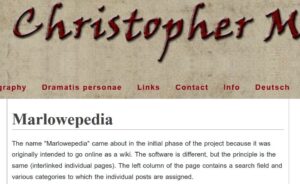
The Mayors and Sheriffs of London (MASL) is a searchable, open-access
database (https://masl.library.utoronto.ca) of information on London’s
mayors, sheriffs, and wardens from 1190 to the present. It was originally
launched in 2009, covering the years 1190–1558 only, but was subsequently
extended to the present; and it is regularly updated from new research.
The database can be searched by name, office (mayor, sheriff, warden),
year of office, range of years, livery company membership (or, in the
earliest years, occupation or craft/trade guild membership), and by any
combination of these factors. The information for 1190–1558 was first
published as a printed list in Caroline Barron’s 2004 London in the Later
Middle Ages (Appendix 1, compiled by Anne Lancashire), but there have been
additions and updates to the 1190–1558 information since then, besides the
expansion from 1558 to 2021–22.
The database provides sources for all of its information, often from city
and company manuscripts, and also provides exact dates, wherever possible,
for the terms of office of mayors and sheriffs replacing individuals
removed or dying while in office. Any identification problems are
discussed in the footnotes.
MASL is edited by Anne Lancashire (Professor Emerita, University of
Toronto) and hosted by the University of Toronto Library. Any questions or
comments should be directed to the editor (anne@chass.utoronto.ca).
Take the Social Status Calculator for Early Modern Individuals and find out which of the ten classes of early modern society your answers put you in!
The Kit Marlowe Project is licensed under a Creative Commons Attribution-NonCommercial-ShareAlike 4.0 International License.
The Map of Early Modern London‘s Agas Map is a terrific resource for mapping London locations, and their Gazetteer is an invaluable resource for looking up place names. Here you’ll also find handy “how to” guides for using selected digital resources created by Stonehill students in Spring 2014.
The introductory “how to” videos will help you navigate the Map of Early Modern London (aka MoEML) website. Click the image to go to the Kit Marlowe Project’s MoEML Tutorial Videos.
The Kit Marlowe Project is licensed under a Creative Commons Attribution-NonCommercial-ShareAlike 4.0 International License.
Return to Research Video Tutorials
New York University’s Libraries have created a brilliant Lib Guide that offers a compendium of modern critical resources for learning about Kit Marlowe’s life and times. It’s a great starting point for researching any Marlowe-related topic.
The Kit Marlowe Project is licensed under a Creative Commons Attribution-NonCommercial-ShareAlike 4.0 International License.
“¶ This is a list of online databases, catalogues, projects, images, video, reference works, &c, for the study of early modern plays at the intersection of performance and print. Two caveats: (1) it is not an exhaustive list; and (2) it is meant to supplement—not replace—scholarship published in more traditional venues such as journals, edited collections, and monographs. ¶ Some of the resources focus on textual iterations of plays, while others are more interested in performance. Many, in their own ways, illuminate and/or pose questions about dramatic bi-modality. ¶ Several of these resources are only accessible via an institutional subscription. In these cases, I have linked to Penn State Libraries’ access portal. ¶ Finally, thank you to colleagues who have collected and shared many of these links on their own sites—see the blog section below, for example—as well as to those who have alerted me to newly completed and in-progress projects of interest. As always, if you know of a resource that’s not on this list but you think should be, please email me ( roaringgirle [at] gmail [dot] com ).” – Claire Bourne
The Kit Marlowe Project is licensed under a Creative Commons Attribution-NonCommercial-ShareAlike 4.0 International License.
The Oxford Classical Dictionary is a good reference for learning about all manners of classical terms and figures. Their dictionary covers a wide variety of ancient subjects including literature, law and philosophy.
Placeholder
Click the image to check out the Oxford Classical Dictionary yourself!
The Kit Marlowe Project is licensed under a Creative Commons Attribution-NonCommercial-ShareAlike 4.0 International License.
Oxford Reference is an excellent resource for looking up classical and early modern figures. This source provides succinct definitions and comprehensive encyclopedia entries on a varieties of subjects including literature, linguistics, language reference, and even name studies.
Placeholder
Click the image to visit Oxford Reference and explore for yourself!
The Kit Marlowe Project is licensed under a Creative Commons Attribution-NonCommercial-ShareAlike 4.0 International License.
Pelagios’s Recogito is a web-based platform from which one may upload .txt files, tag placeNames, create maps, and more.
Placeholder
The Map of Persia shown here, similar to the image on the Recogito homepage, is from the British Library’s collection of maps. Click here to see the Map of Persia or click the image to visit Recogito.
The Kit Marlowe Project is licensed under a Creative Commons Attribution-NonCommercial-ShareAlike 4.0 International License.
The Perseus Project site is our preferred resources for learning about classical sources and mythological history and figures.
The Kit Marlowe Project is licensed under a Creative Commons Attribution-NonCommercial-ShareAlike 4.0 International License.
This site follows (or tries to follow!) the Modern Language Association’s ever changing citation conventions. Purdue Owl is a fantastic resource for writing of every kind. Scan or click on the QR Code here to visit Purdue OWL!
The Kit Marlowe Project is licensed under a Creative Commons Attribution-NonCommercial-ShareAlike 4.0 International License.
Project Quintessence is an excellent tool for text-based data analysis. Quintessence, produced by UC Davis Datalab, draws on 60,000 texts to generate in-depth analytics for word meanings, word frequencies and text topics.
The image here is a graph from the Project Quintessence “Word Frequency” page, comparing the frequency of the words “faustus” and “tamburlaine” over time. Click the graph to go straight to the “Word Frequency” page or click here to go to the Quintessence home page.
The Kit Marlowe Project is licensed under a Creative Commons Attribution-NonCommercial-ShareAlike 4.0 International License.
Rams Write is a by-students-for-students LibGuide published by Framingham State University that includes tips for paper organization, revision, clarity, frequently confused words, and grammar and mechanics.
Click the image or the link above to visit Rams Write!
The Kit Marlowe Project is licensed under a Creative Commons Attribution-NonCommercial-ShareAlike 4.0 International License.
Thea Buckley has generously curated Shakespeare and Early Modern Streams featuring streaming productions of Shakespeare’s and his contemporaries works.
The Kit Marlowe Project is licensed under a Creative Commons Attribution-NonCommercial-ShareAlike 4.0 International License.
The Shakespeare Census attempts to locate and describe all extant copies of all editions of Shakespeare’s works through 1700, excluding the folios. We include all items attributed to Shakespeare in print during the period, but not those attributed to him only by modern scholarship. We exclude the Restoration adaptations. The census currently includes records for 1847 copies (“About“).
Click the picture to go read one of the 43 works available on Shakespeare Census!
The Kit Marlowe Project is licensed under a Creative Commons Attribution-NonCommercial-ShareAlike 4.0 International License.
Shakespeare Reloaded is a rich resource offering both teachers and students tools, games, theories, and techniques for generating imaginative environments from which to engage with Shakespeare and his contemporaries.
The Kit Marlowe Project is licensed under a Creative Commons Attribution-NonCommercial-ShareAlike 4.0 International License.
About: Six Degrees of Francis Bacon is a digital reconstruction of the early modern social network that scholars and students from all over the world can collaboratively expand, revise, curate, and critique. Unlike published prose, Six Degrees is extensible, collaborative, and interoperable: extensible in that people and associations can always be added, modified, developed, or, removed; collaborative in that it synthesizes the work of many scholars; interoperable in that new work on the network is put into immediate relation to previously studied relationships. This website is hosted by Carnegie Mellon University Libraries, and data is available for download both on this site and as part of the Folger Shakespeare Library’s digital collections.
The image here is a visualization in the hooke format of the social network of Christopher Marlowe. Check out Six Degrees of Francis Bacon to explore Marlowe’s network further!
The Kit Marlowe Project is licensed under a Creative Commons Attribution-NonCommercial-ShareAlike 4.0 International License.
TAPAS is a free, online resource for publishing, archiving, and sharing Text Encoding Initiative (TEI) projects. The TAPAS Project: Kit Marlowe has pages for many of Marlowe’s works, click the portrait of Kit to explore the collection.
The Kit Marlowe Project is licensed under a Creative Commons Attribution-NonCommercial-ShareAlike 4.0 International License.
The Thomas Pennant Barton Shakespeare Collection at the Boston Public Library is an online treasure trove of early modern works published around Shakespeare’s time. Among many wonders, the collection contains Marlowe’s Tamburlaine.
Click on the image of the title page shown here to visit The Thomas Pennant Barton Collection, or click here to go straight to their copy of Tamburlaine the Great.
The Kit Marlowe Project is licensed under a Creative Commons Attribution-NonCommercial-ShareAlike 4.0 International License.
Voyant Tools offer a web-based platform that allow one to upload a Word doc or PDF and generate visualizations of text-based data, including single text and corpus analyses.
The image here depicts a Voyant Tools generated visualization of term analytics of the top 55 words from the “Why Kit Marlowe?” section of the Kit Marlowe Project’s about page.
The Kit Marlowe Project is licensed under a Creative Commons Attribution-NonCommercial-ShareAlike 4.0 International License.
The World History Encyclopedia, formerly the Ancient History Encyclopedia, is a useful resource for looking up classical figures.
Click their logo here to visit their webpage and explore!
The Kit Marlowe Project is licensed under a Creative Commons Attribution-NonCommercial-ShareAlike 4.0 International License.
The WordWeb/IDEM database maps the dense network of quotations, cross-references and in-jokes that links hundreds of English plays from Shakespeare’s time. If a comedy or tragedy was a hit on the Elizabethan stage, names and phrases could go viral:
Thomas Kyd in 1588: “Hamlet, revenge!”
William Shakespeare’s Hamlet in 1600: “O, vengeance!”
William Shakespeare in 1600: “What is this quintessence of dust?”
John Marston in 1603: “And here’s the very quintessence of ducks!”
You can now search or browse the WordWeb/IDEM database to explore such references. See what phrases early modern dramatists borrowed from each other and from other sources and find answers to questions like these.


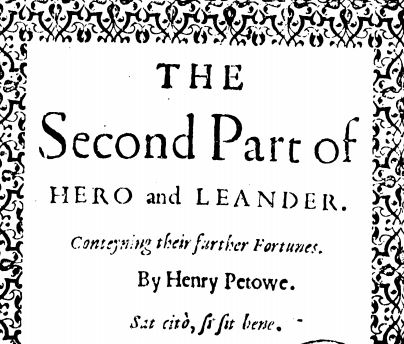



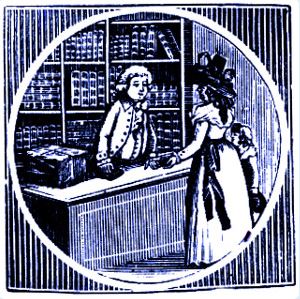
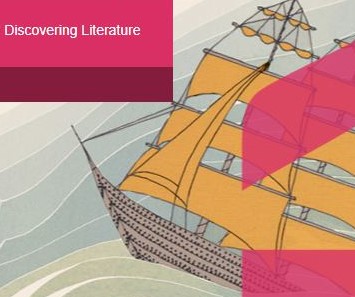
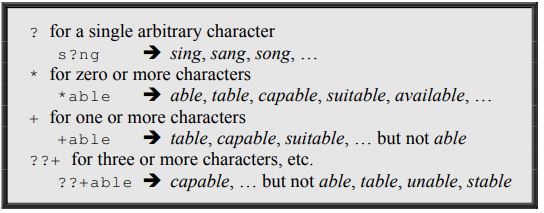
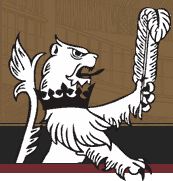
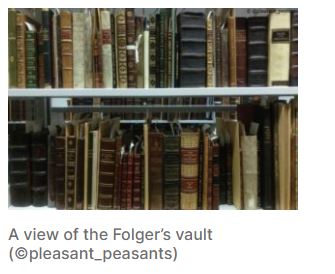
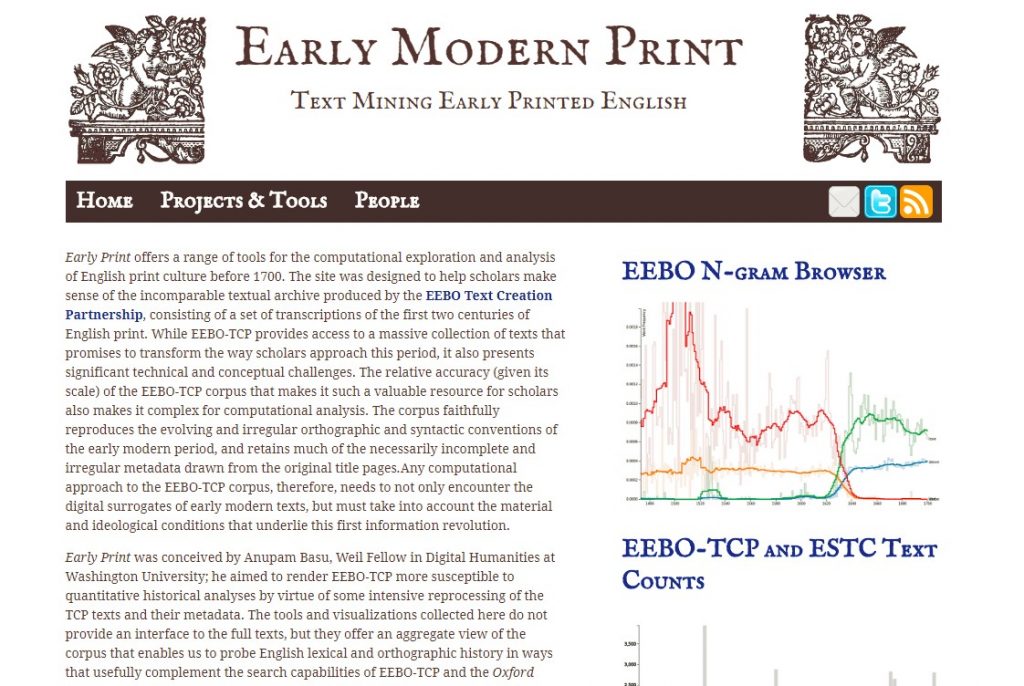
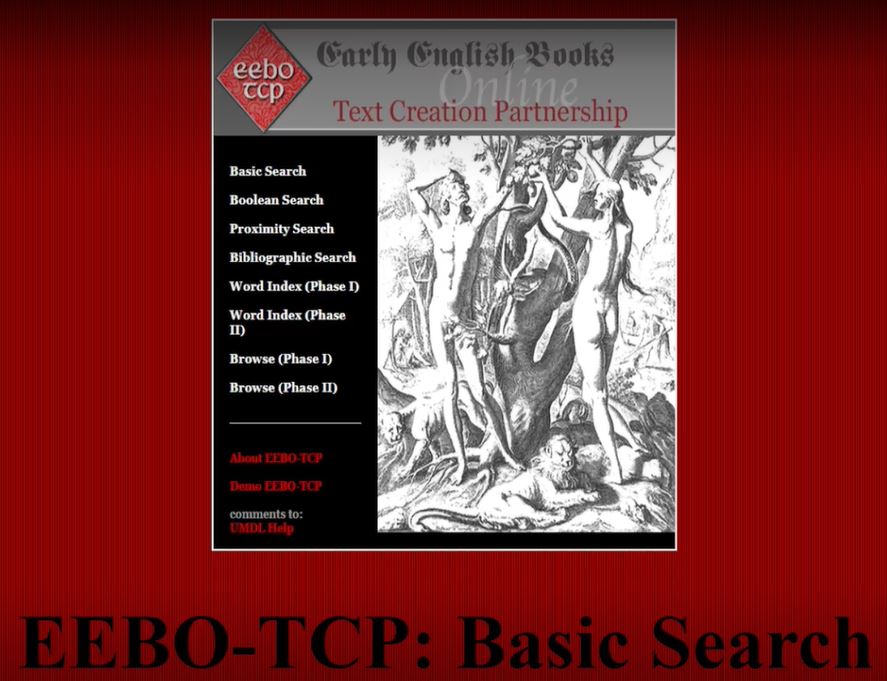


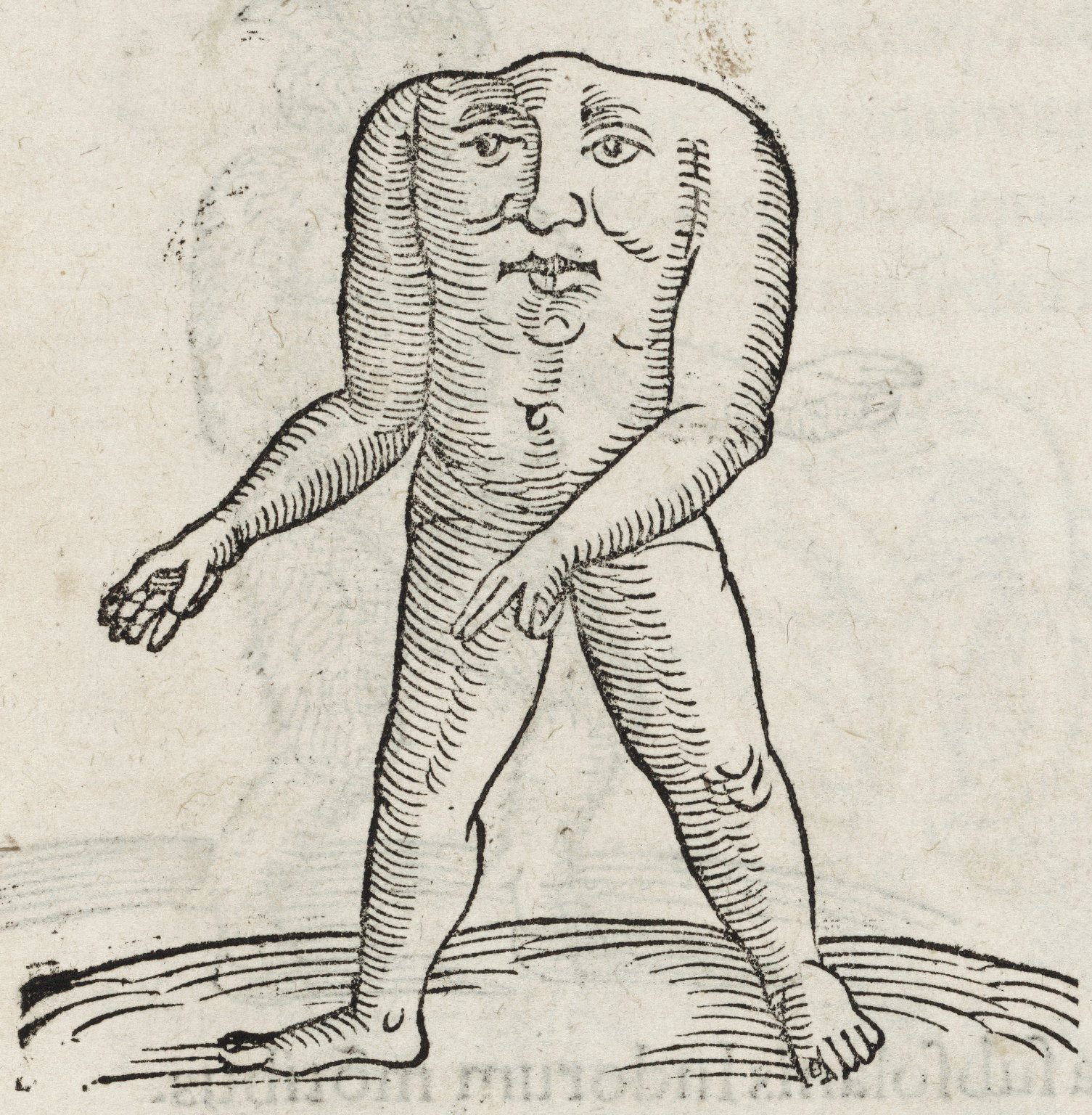
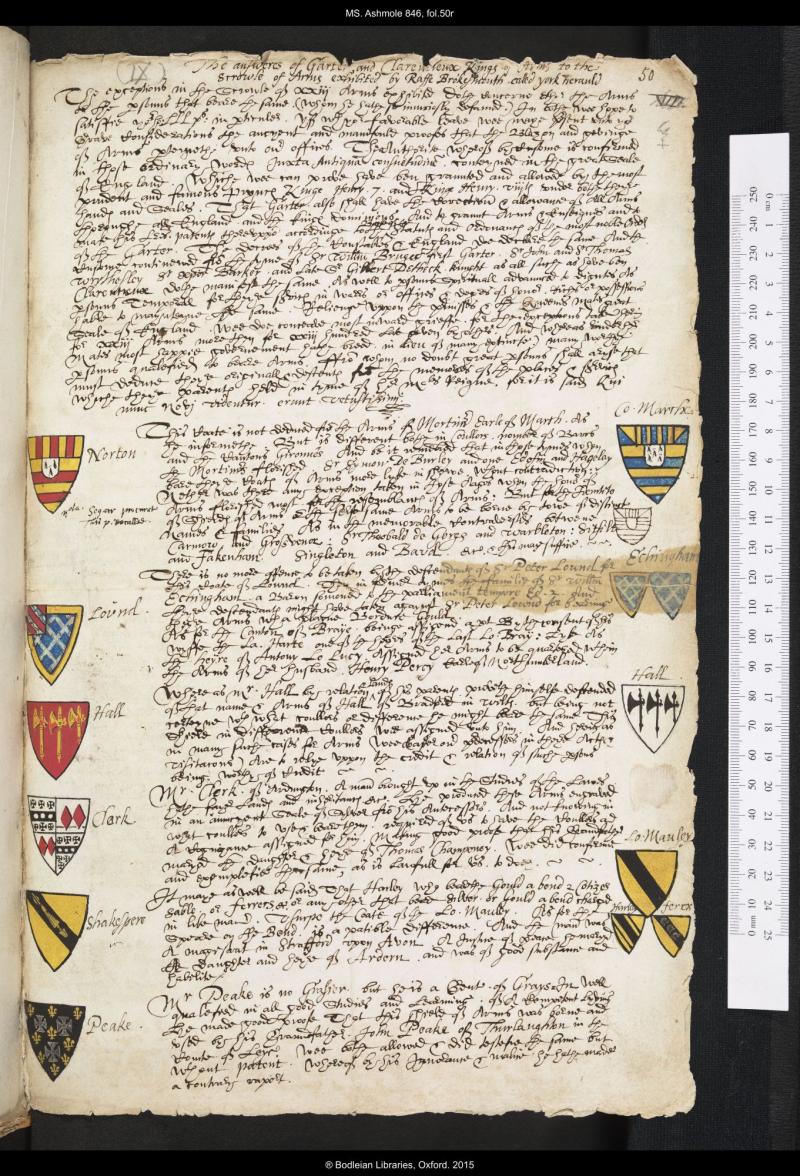

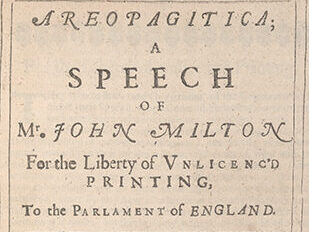
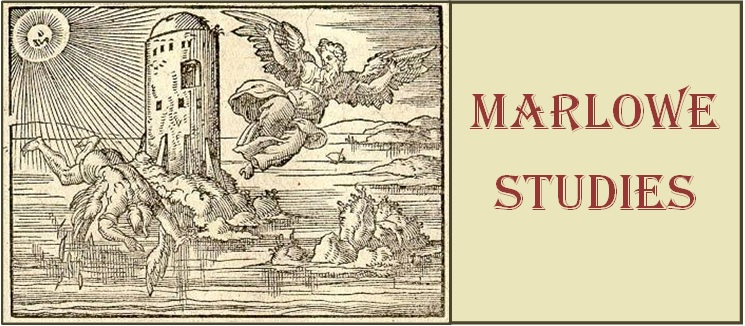

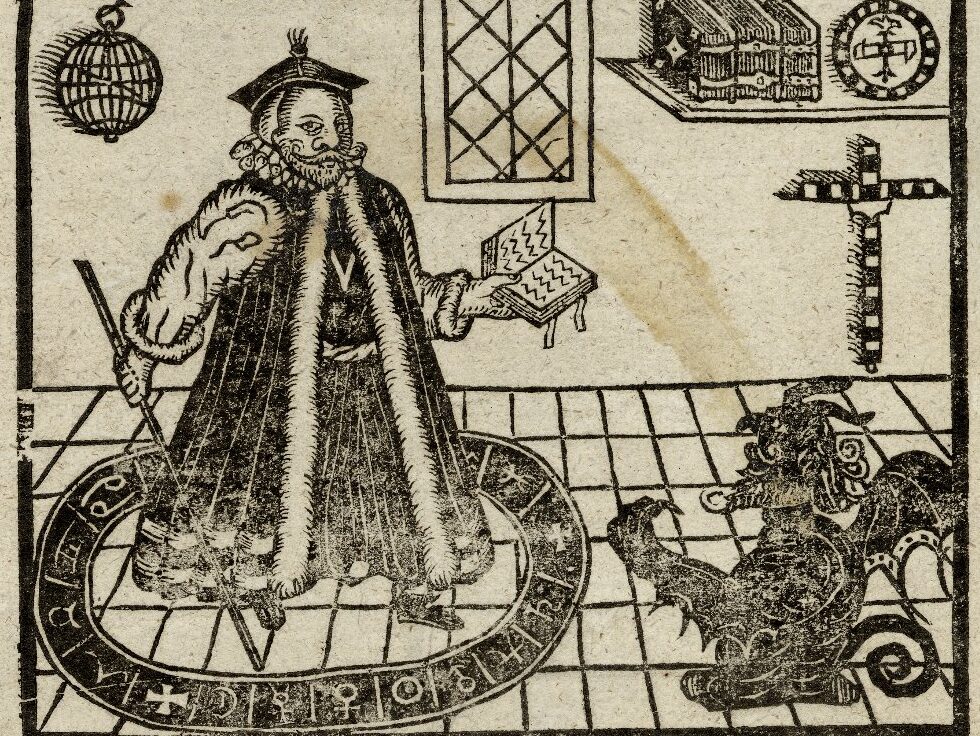
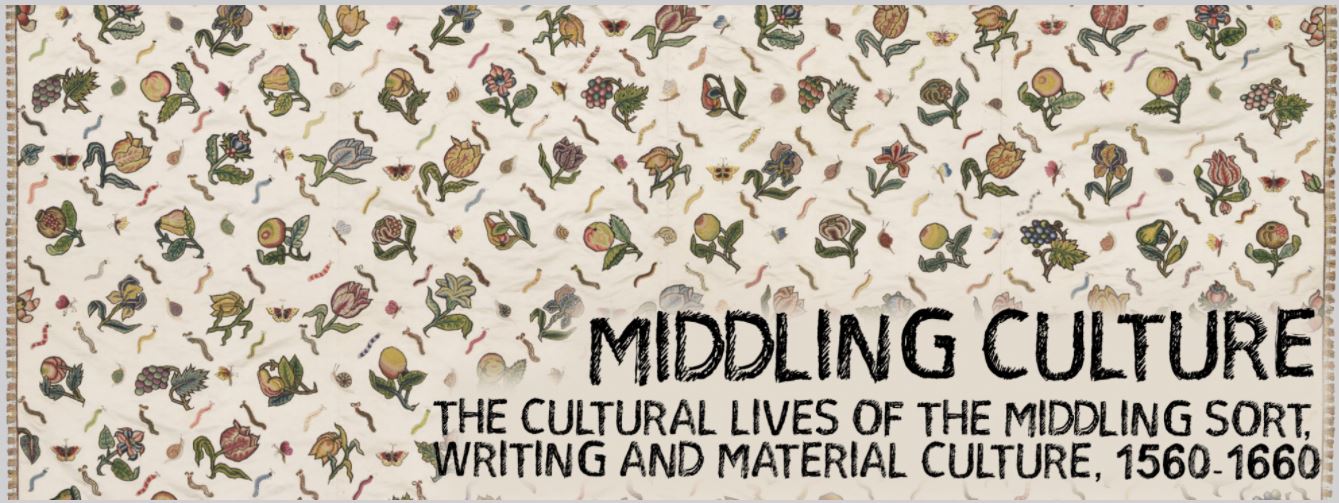
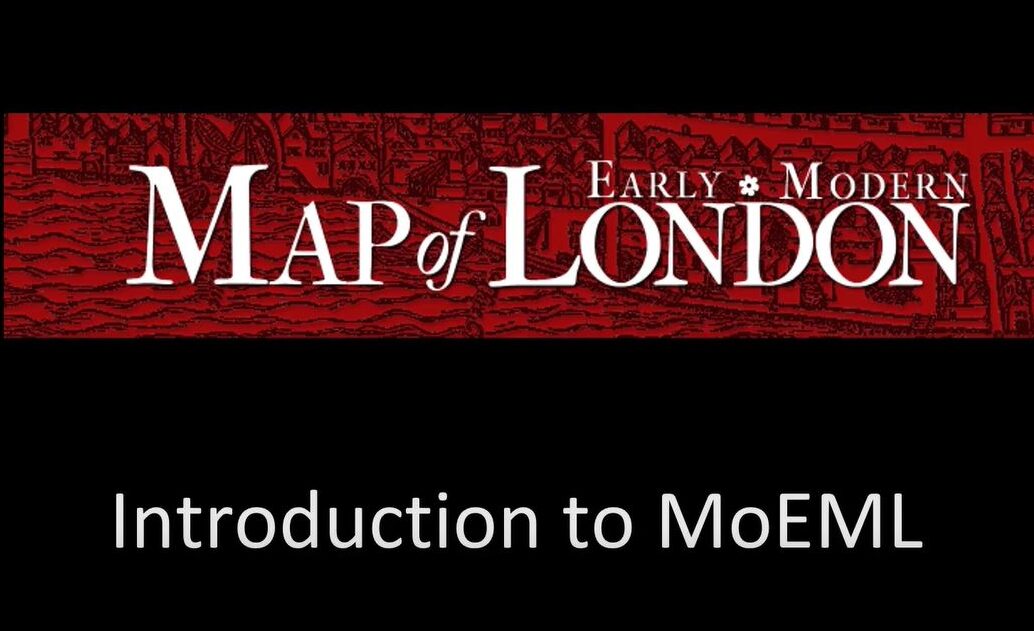

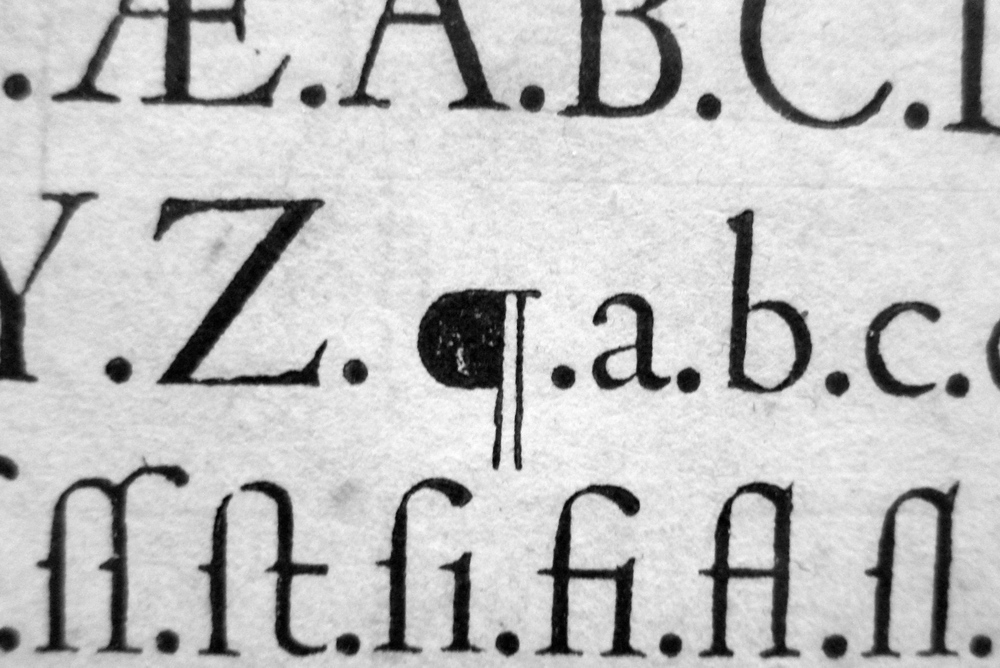

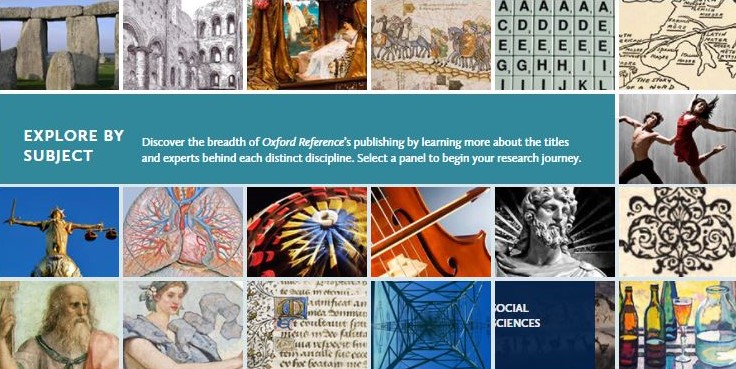
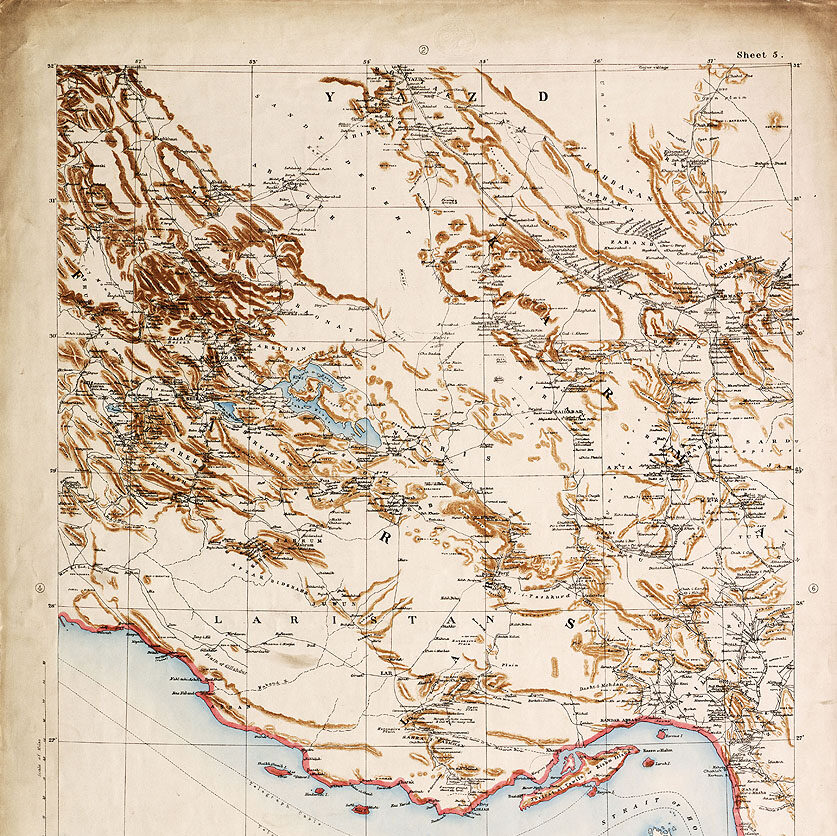


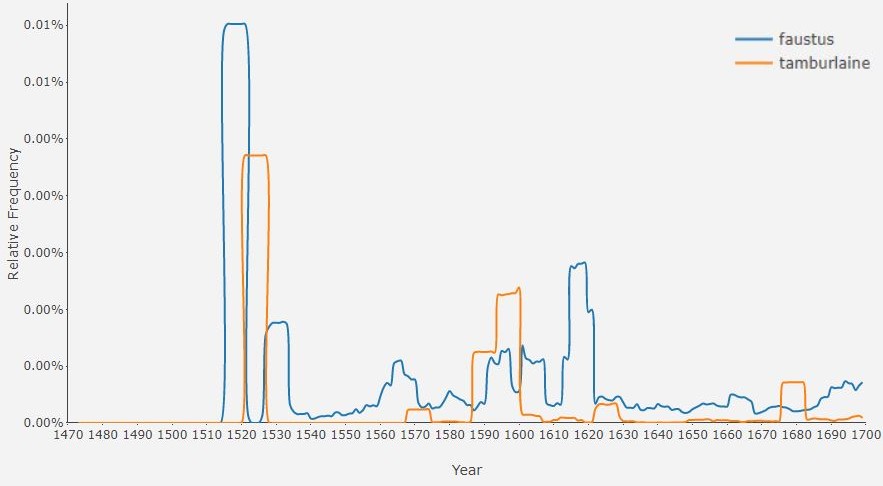
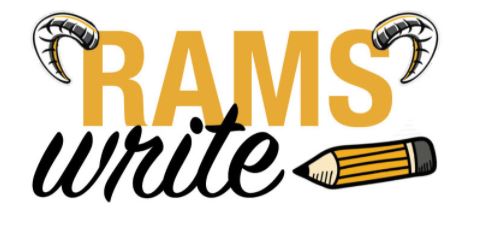
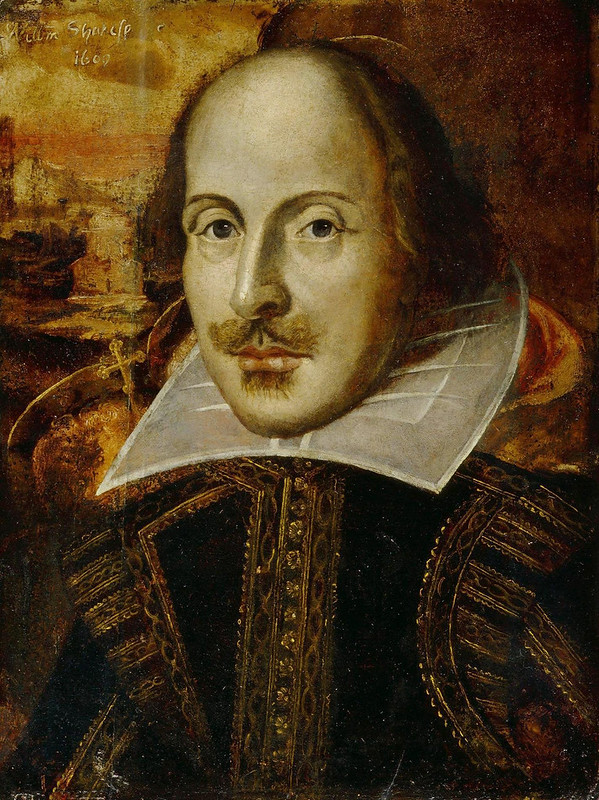
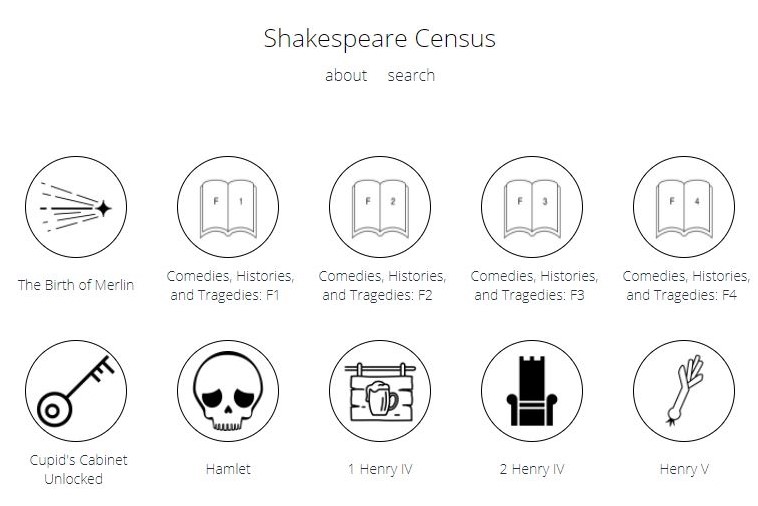

![A visualization in the hooke format of the social network of Christopher Marlowe. Date of download: March 4th 2021. Citation: "Christopher Marlowe Network [2, 1565-1593, 61-100%]." Six Degrees of Francis Bacon. http://www.sixdegreesoffrancisbacon.com/?ids=10007980&min_confidence=60&type=network, 3/4/2021.](https://kitmarlowe.org/wp-content/uploads/2021/03/Marlowe_Network_SDFB.jpg)
